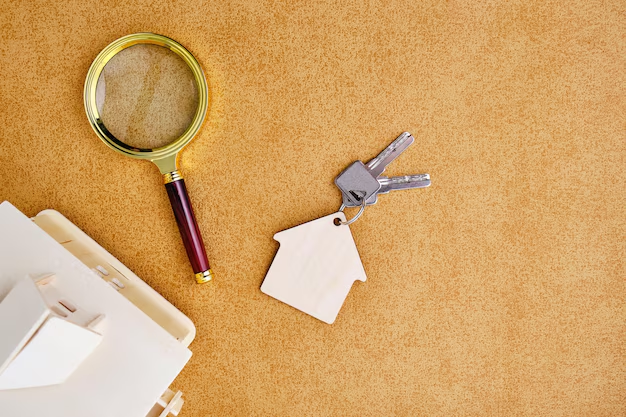Your Step-by-Step Guide to Finding the Perfect Apartment
Finding the right apartment can be both an exciting and daunting task. With plenty of factors to consider—budget, location, amenities—it's crucial to approach this process with a strategic plan. Whether you are looking for your first apartment or you’re ready for a change in scenery, here’s a comprehensive guide to landing your ideal rental space.
Establish Your Budget
Knowing what you can afford is the cornerstone of your apartment search. Typically, financial experts suggest that your rent should not exceed 30% of your monthly income. Take a moment to review your current financial situation, including existing debts and monthly expenses, before setting a budget. Use online calculators to get a clearer picture of what you can comfortably spend.
Define Your Needs and Wants
Next, list your non-negotiables and nice-to-haves. Essential factors could include number of bedrooms, pet policies, and proximity to work or school. Extras might encompass a community gym, swimming pool, or covered parking. Knowing these aspects will streamline your search and help narrow down options.
Research the Market
Now that you know your budget and needs, it's time to survey the rental market. Websites with apartment listings let you apply various filters like price, location, and specific amenities. Utilize these tools to scan multiple neighborhoods, keeping an eye on crime rates, local schools, and public transportation options.
Tour Apartments
Once you've shortlisted potential places, begin scheduling viewings. Virtual tours offer a convenient way to see the property from home, but nothing beats an in-person visit to truly get a feel of the environment. Pay attention to details, such as water pressure, heating, and even surrounding noise levels.
Understand Lease Terms
Lease contracts can be complex, laden with terms and conditions. It’s imperative to read and understand your lease agreement thoroughly. Pay attention to clauses related to lease duration, rent increase, maintenance responsibilities, and the termination policy. Address any questions with your landlord before you sign.
Explore Financial Assistance
Sometimes, the perfect apartment is just a bit out of financial reach. Fortunately, numerous programs exist to help renters manage costs. Government aid like Section 8 housing vouchers can assist, while non-profits often provide rental assistance for those in need. Investigating these resources might make a dream apartment attainable.
Consider Credit-Building Options
Your credit score can determine not only if you'll get the apartment but also the terms of your lease. If your credit needs improvement, consider strategies like secured credit cards or credit-builder loans to get back on track. Paying bills on time and reducing outstanding debt will also boost your score over time.
Educational Grants and Resources
For students juggling education and housing, educational grants and scholarships can alleviate financial stress. These can offset tuition and living expenses, freeing up budget that might otherwise be directed to rent.
Choosing an apartment involves more than just selecting a living space; it's about finding a place where you can thrive. By being financially prepared and informed about available resources, you can secure a home that suits both your lifestyle and budget.
Helpful Financial Resources & Programs 🌟
- 🏠 Government Housing Vouchers (Section 8): Assists with a portion of your rent payments.
- 💵 Emergency Rental Assistance Programs: Short-term help for renters in financial hardship.
- 📈 Credit Building Options: Secured credit cards or loans for improving credit scores.
- 🎓 Educational Grants and Scholarships: Financial aid for students needing housing support.
- 🤝 Non-Profit Rental Assistance Programs: Community organizations offering financial help for rent payments.
Exploring these avenues can unlock opportunities and ease the financial burden of renting, putting you one step closer to your new home.

